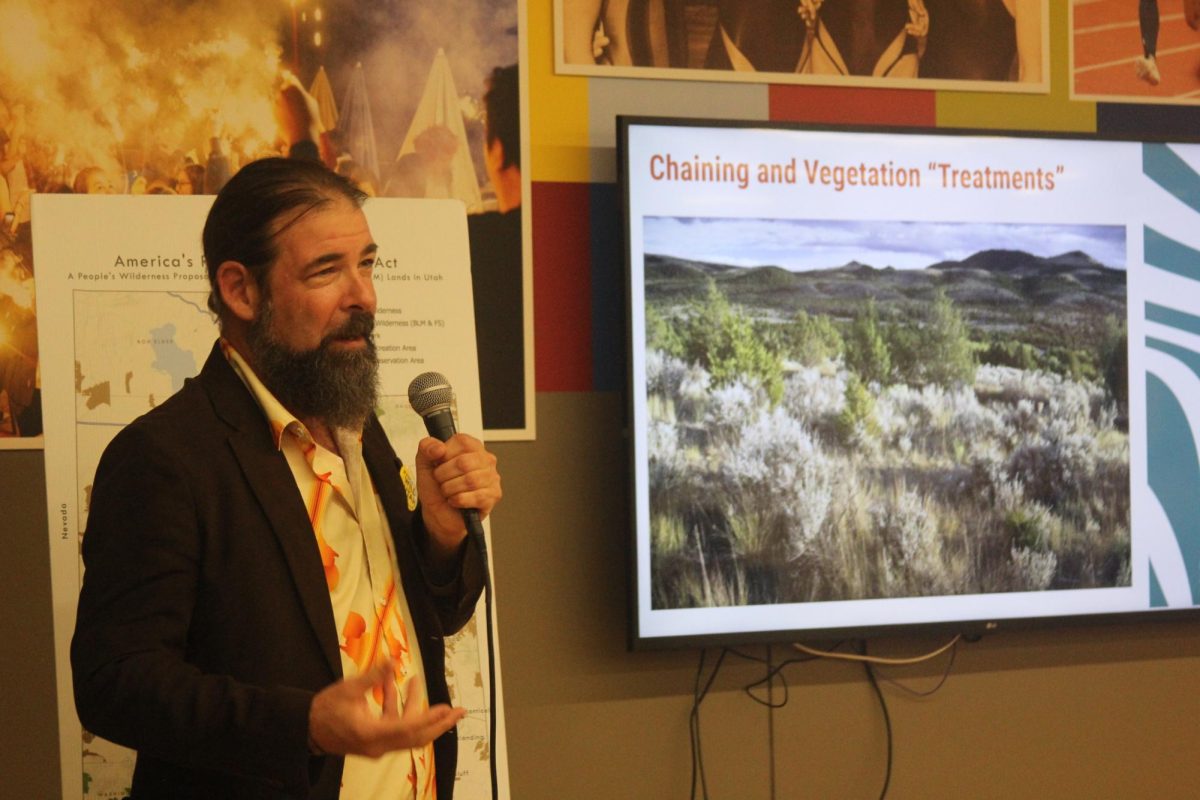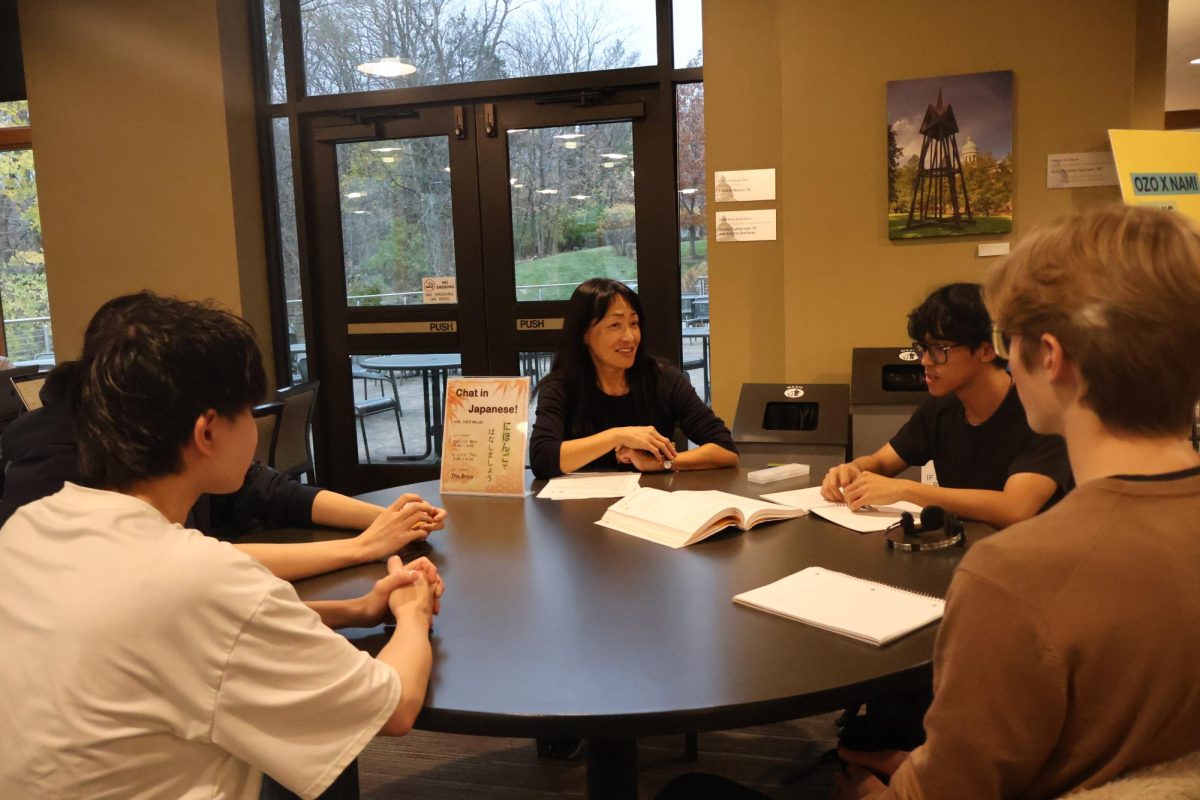The term “endless wars” has been gaining in popularity. We are engaged in seemingly endless conflicts in the Middle East. We defeat Al Qaeda and ISIS rises.
We are making the same mistakes that were made back in 2011.
On Saturday, Oct. 12, President Trump decided to withdraw U.S. troops from northern Syria. This decision left our Kurdish allies alone to face the rapidly advancing Turkish forces. Turkey pushed forward within days.
The consequences were immediately noticeable. With no U.S. support, the Kurds were stretched too thin, and prison camps holding ISIS fighters were abandoned, allowing hundreds of ISIS fighters to escape. According to The Washington Post, the Kurds also allowed Syrian government forces and Russian forces to occupy territory along the Syria-Turkey border, territory that those same forces had been kept out of since 2012.
In December of 2011, President Obama fulfilled a long time campaign promise to bring troops home from Iraq. By succeeding, he completed the plan made by former President George W. Bush. Troops coming home is always a good thing. It is really nice to see people coming home and being reunited with family. But by doing so, the U.S. partially created a vacuum open for ISIS to build momentum, something Republicans were quick to capitalize on during the 2016 election.
What is the best solution for dealing with endless wars? Must we keep troops deployed indefinitely?
My inclination is to say yes. And that pains me to say, because I love watching troops come home. But decades of U.S. meddling in the Middle East has helped to create the endless cycle of conflict that we find ourselves trapped in. What do we do then, if we cannot walk away?
I am not remotely qualified to make policy proposals for making peace in the Middle East, but it does seem that the realist approach of constant warring does not appear to yield lasting results. Maybe we should try rebuilding cities or maybe we should have a Marshall Plan for the Middle East, helping countries to rebuild their infrastructure and create jobs at the same time.
And statecraft also has not worked in our favor. Arguably, trying to translate western democratic values to the whole world has created more problems than it has solved.
The Arab Spring in 2011 was a beacon of hope that people in the middle east wanted democracy. The people have to want it more than anything else, and they have to be willing to fight for it. By walking into countries and toppling dictators, we are prescribing democracy where it may not be easily translated.
President Trump made a mistake when he decided to bring the troops home because our absence in the region has created only a brief vacuum before enemy forces filled it. Our presence is required because that is how we made it.
Until we can find a better solution, we cannot walk away. Until we find a better solution, withdrawing is merely a political stunt. Hopefully our leaders will learn from the patterns of the past and will make better choices.
Categories:
On the U.S. withdrawal from Syria
October 31, 2019
0
More to Discover




































































































